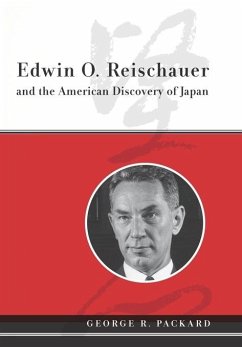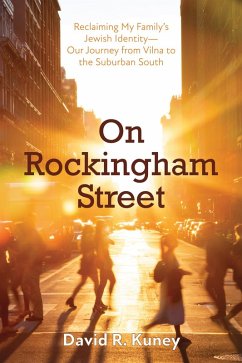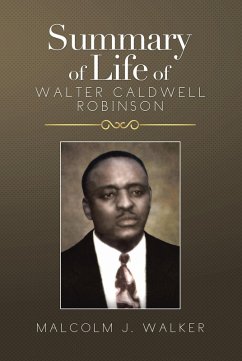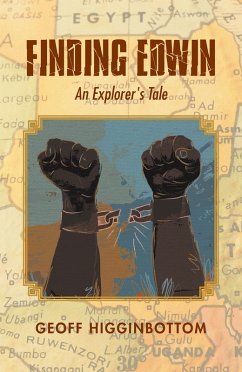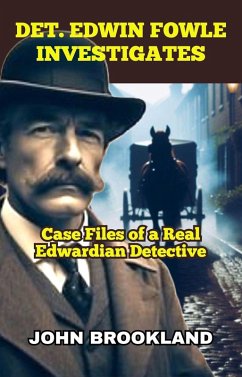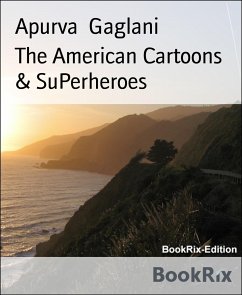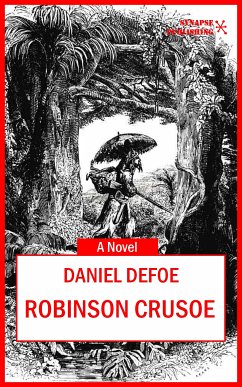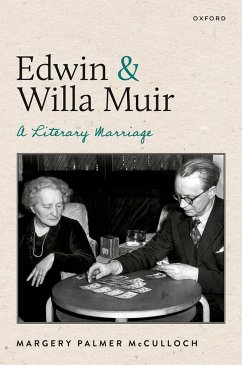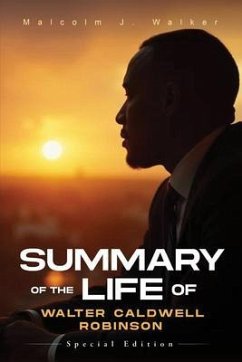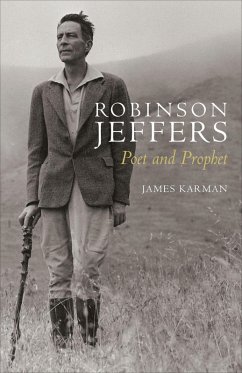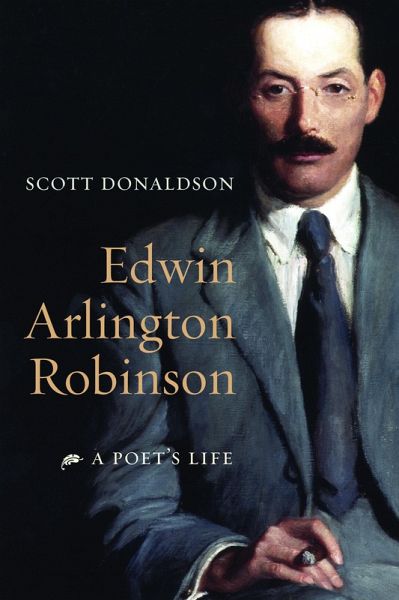
Edwin Arlington Robinson (eBook, ePUB)
A Poet's Life

PAYBACK Punkte
24 °P sammeln!
At the time of his death in 1935, Edwin Arlington Robinson was regarded as the leading American poet-the equal of Frost and Stevens. In this biography, Scott Donaldson tells the intriguing story of this poet's life, based in large part on a previously unavailable trove of more than 3,000 personal letters, and recounts his profoundly important role in the development of modern American literature.Born in 1869, the youngest son of a well-to-do family in Gardiner, Maine, Robinson had two brothers: Dean, a doctor who became a drug addict, and Herman, an alcoholic who squandered the family fortune....
At the time of his death in 1935, Edwin Arlington Robinson was regarded as the leading American poet-the equal of Frost and Stevens. In this biography, Scott Donaldson tells the intriguing story of this poet's life, based in large part on a previously unavailable trove of more than 3,000 personal letters, and recounts his profoundly important role in the development of modern American literature.
Born in 1869, the youngest son of a well-to-do family in Gardiner, Maine, Robinson had two brothers: Dean, a doctor who became a drug addict, and Herman, an alcoholic who squandered the family fortune. Robinson never married, but he fell in love as many as three times, most lastingly with the woman who would become his brother Herman's wife. Despite his shyness, Robinson made many close friends, and he repeatedly went out of his way to give them his support and encouragement.
Still, it was always poetry that drove him. He regarded writing poems as nothing less than his calling-what he had been put on earth to do. Struggling through long years of poverty and neglect, he achieved a voice and a subject matter all his own. He was the first to write about ordinary people and events-an honest butcher consumed by grief, a miser with "eyes like little dollars in the dark," ancient clerks in a dry goods store measuring out their days like bolts of cloth. In simple yet powerful rhetoric, he explored the interior worlds of the people around him.
Robinson was a major poet and a pivotal figure in the course of modern American literature, yet over the years his reputation has declined. With his biography, Donaldson returns this remarkable talent to the pantheon of great American poets and sheds new light on his enduring legacy.
Born in 1869, the youngest son of a well-to-do family in Gardiner, Maine, Robinson had two brothers: Dean, a doctor who became a drug addict, and Herman, an alcoholic who squandered the family fortune. Robinson never married, but he fell in love as many as three times, most lastingly with the woman who would become his brother Herman's wife. Despite his shyness, Robinson made many close friends, and he repeatedly went out of his way to give them his support and encouragement.
Still, it was always poetry that drove him. He regarded writing poems as nothing less than his calling-what he had been put on earth to do. Struggling through long years of poverty and neglect, he achieved a voice and a subject matter all his own. He was the first to write about ordinary people and events-an honest butcher consumed by grief, a miser with "eyes like little dollars in the dark," ancient clerks in a dry goods store measuring out their days like bolts of cloth. In simple yet powerful rhetoric, he explored the interior worlds of the people around him.
Robinson was a major poet and a pivotal figure in the course of modern American literature, yet over the years his reputation has declined. With his biography, Donaldson returns this remarkable talent to the pantheon of great American poets and sheds new light on his enduring legacy.
Dieser Download kann aus rechtlichen Gründen nur mit Rechnungsadresse in A, D ausgeliefert werden.




